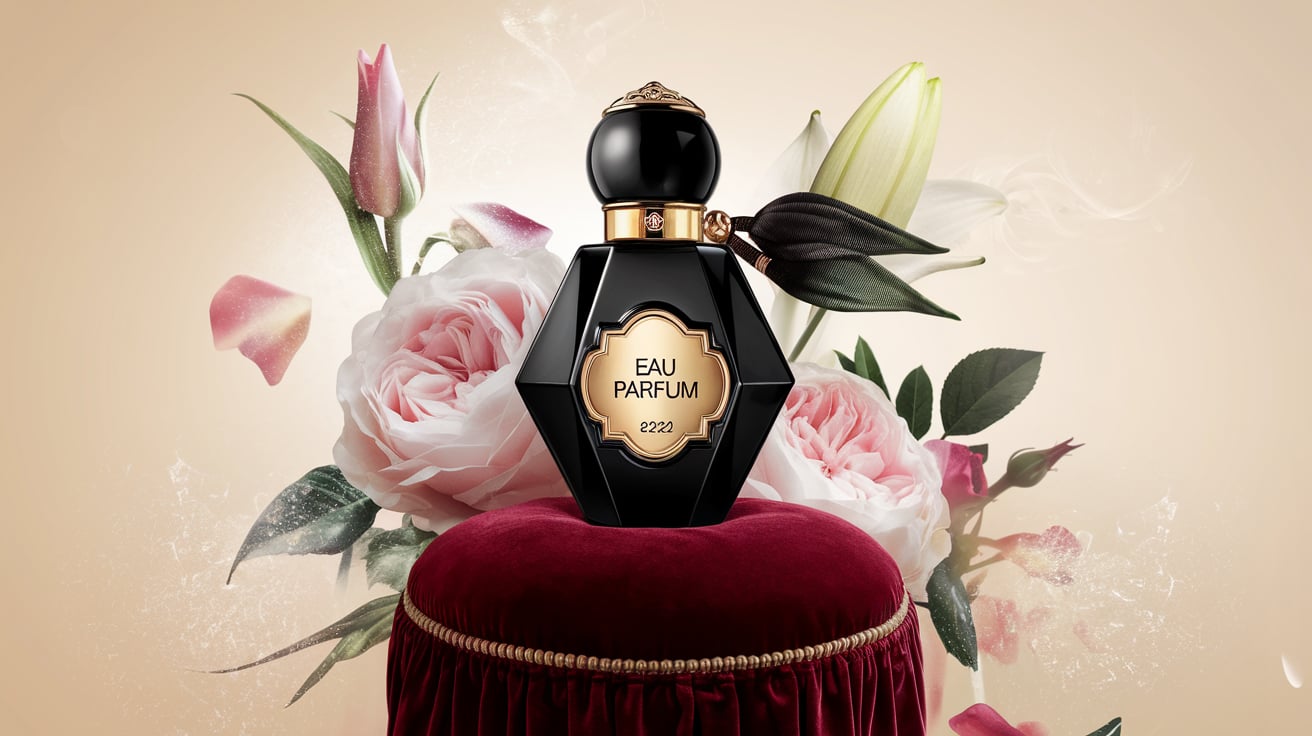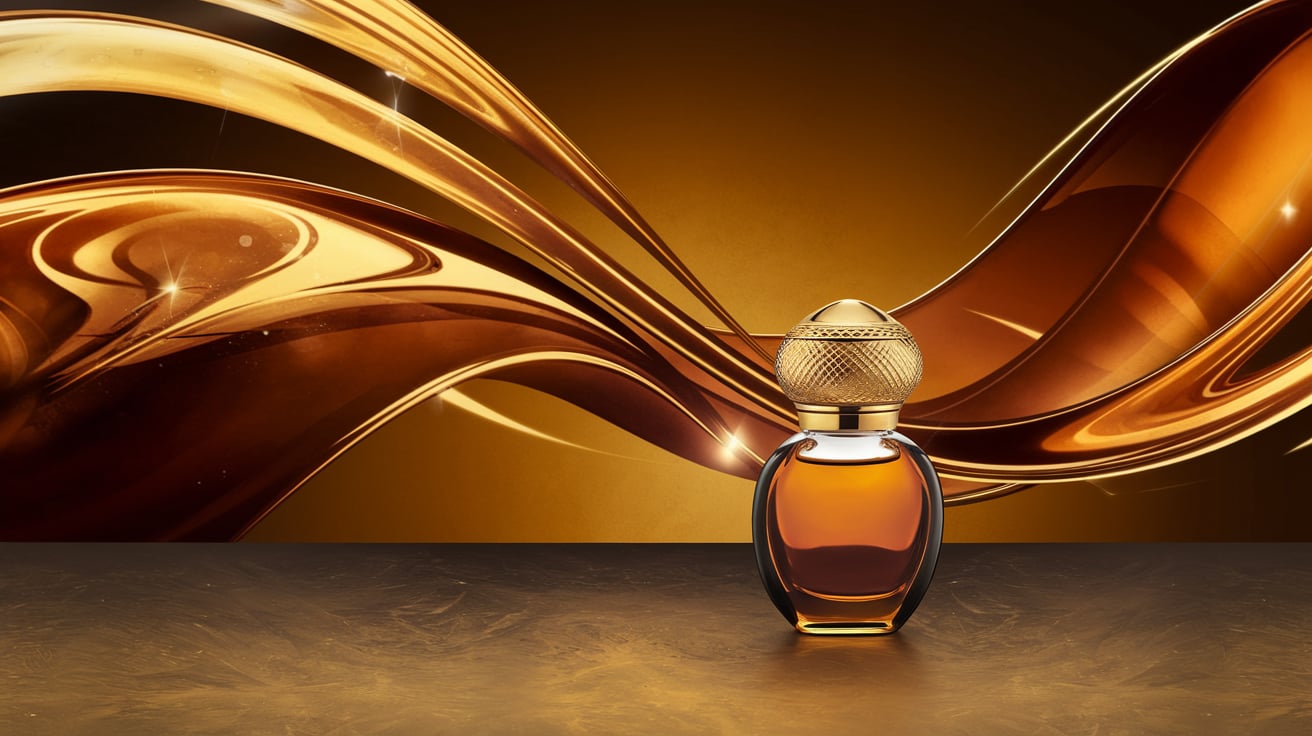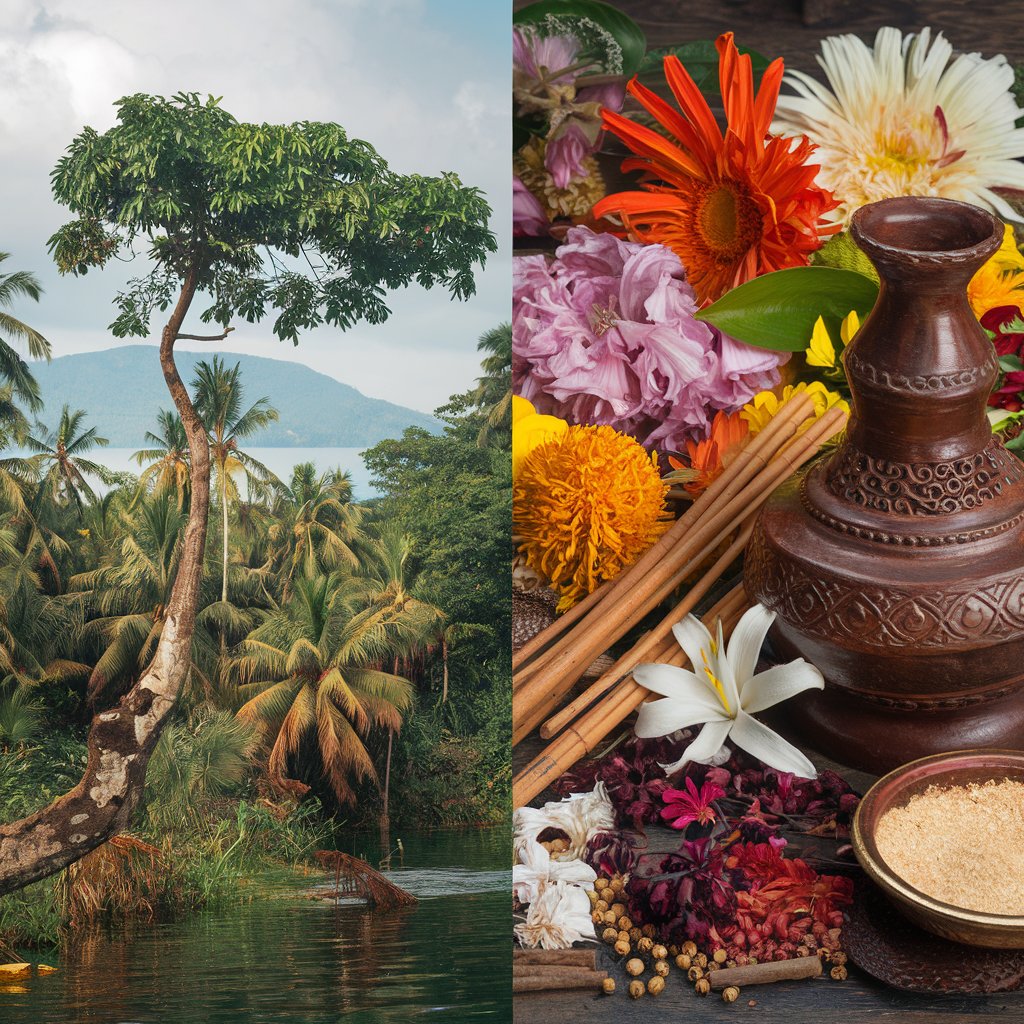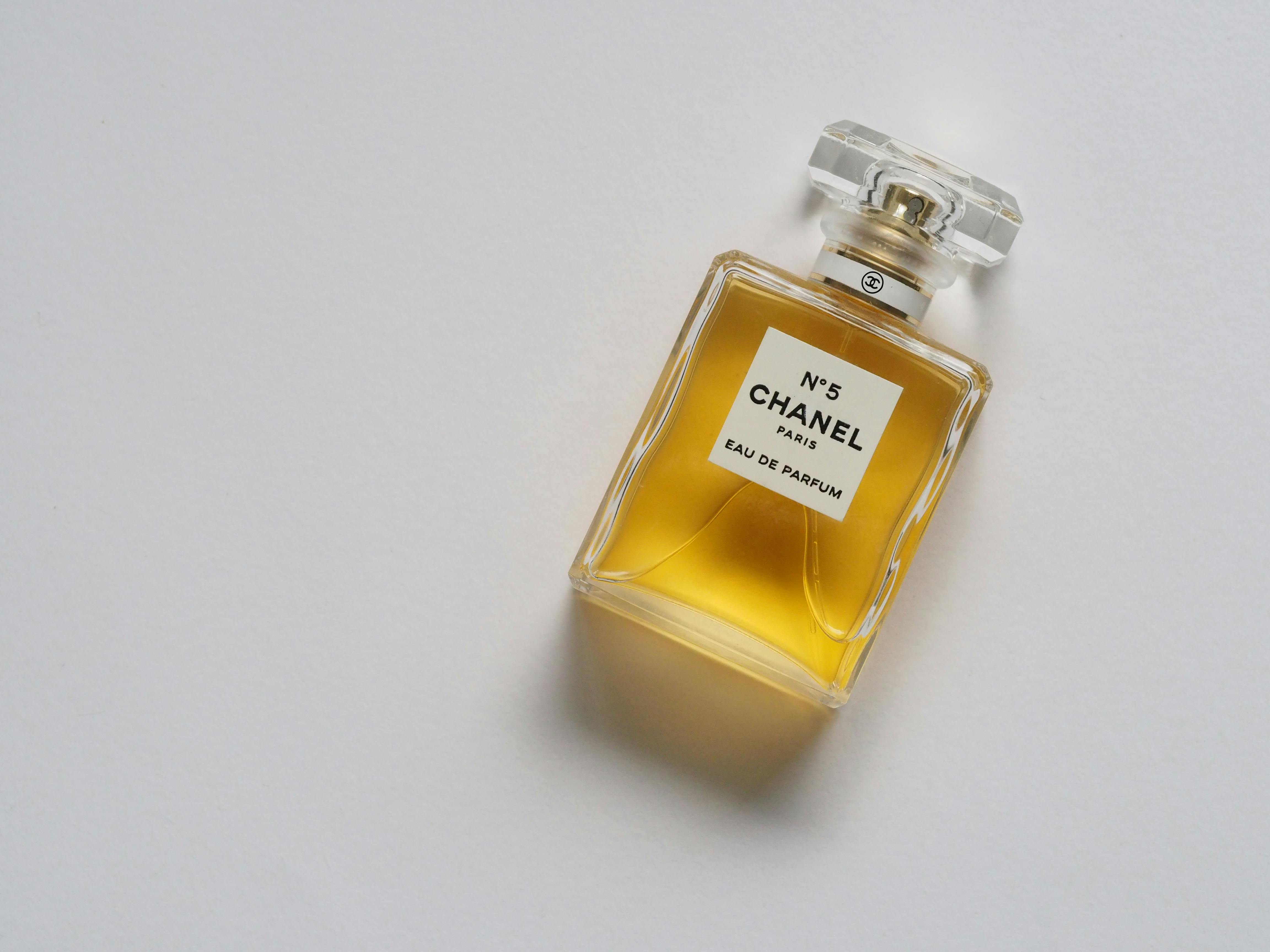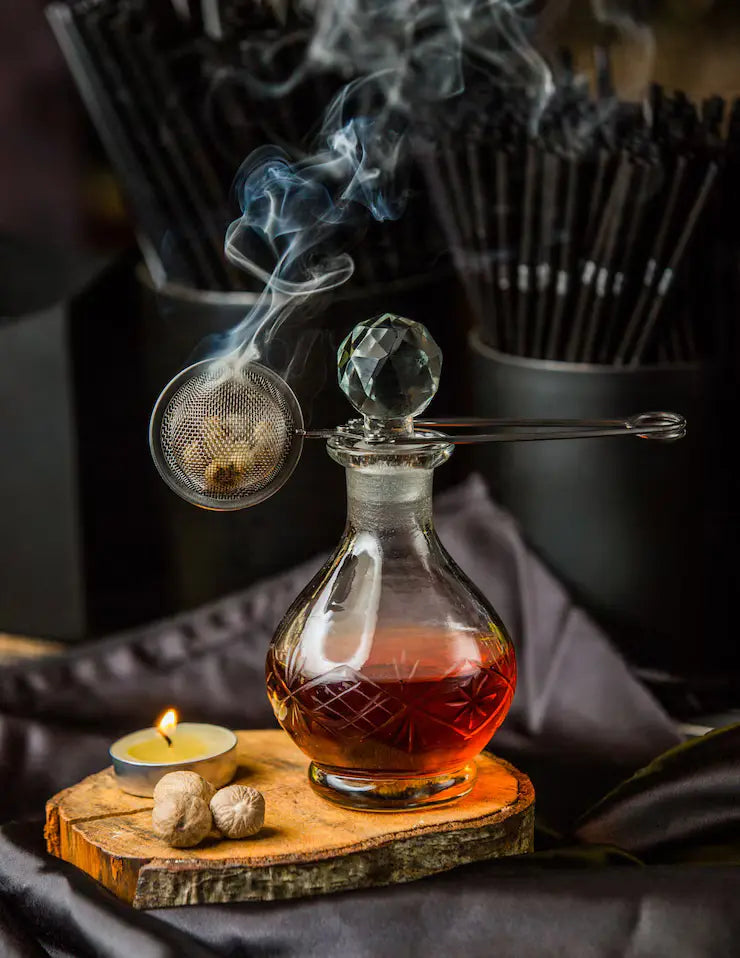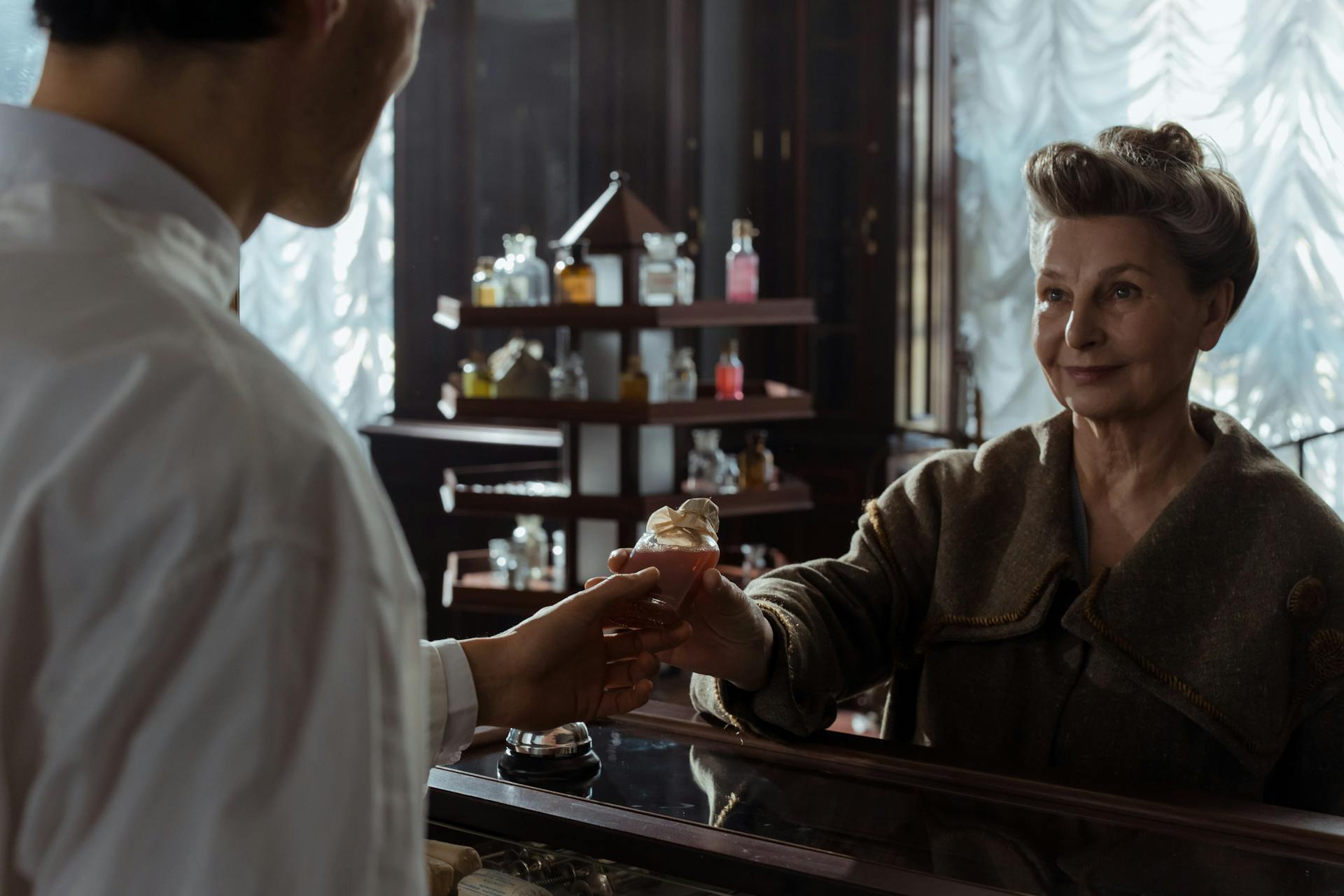
From Ancient Traditions to Modern Homes: The Evolution of Bakhoor
Bakhoor is fragrant incense deeply ingrained in the cultural traditions of the Middle East and other regions. It holds great cultural and religious significance, having been used for centuries to add fragrance to homes, create a pleasant atmosphere during special occasions, and promote spiritual well-being.
In Omani culture, it is customary to pass around bakhoor among guests so they can apply its scent to their hair, clothing, and hands. This gesture is considered as important as serving coffee and dates when it comes to hospitality.
Origins
The use of fragrant incense dates back thousands of years, with ancient civilizations burning aromatic woods, herbs, and resins for various purposes. While the exact origins of bakhoor are difficult to pinpoint, it can be traced back to the Arabian Peninsula and ancient Mesopotamia.
In ancient times, burning incense was closely associated with religious rituals and offerings to deities. The captivating scents were believed to please the divine and establish a spiritual connection between Earth and the divine realm. Bakhoor, in its earliest form, consisted of a mixture of natural ingredients such as agarwood, sandalwood, frankincense, myrrh, and aromatic herbs, which were ground, combined, and shaped into pellets or cones.
Evolution of ingredients and manufacturing techniques
Over time, the ingredients and manufacturing techniques used in bakhoor evolved, incorporating a wider range of aromatic substances. As trade routes expanded and new ingredients became available, perfumers and artisans experimented with different combinations, including fragrant flowers, spices, and animal-derived scents. These advancements allowed for more intricate and diverse bakhoor fragrances.
Cultural influences on bakhoor fragrances
The fragrances of bakhoor are heavily influenced by the cultural and geographical factors of the regions where it is produced. Different countries and communities have their own unique preferences and traditions when it comes to scent profiles. For example, bakhoor from the Arabian Peninsula often has a warm, resinous base with notes of oud, while Indian bakhoor frequently features spices like saffron and cardamom. This diversity in fragrance profiles reflects the rich cultural tapestry surrounding bakhoor.
Modern innovations and contemporary trends
In recent years, bakhoor has undergone a transformation to cater to changing consumer preferences and lifestyles. Perfumers and fragrance houses have embraced modern techniques and innovative approaches, creating new and exciting bakhoor fragrances. They experiment with new ingredients, blend traditional scents with contemporary notes, and incorporate modern packaging and designs to appeal to a wider audience. This evolution has allowed bakhoor to transcend its traditional boundaries and become a global phenomenon.
Cultural significance and rituals
Bakhoor holds immense cultural significance in many societies and is often associated with special occasions, religious ceremonies, and social gatherings. Burning bakhoor is believed to purify the air, repel negative energies, and create an atmosphere of tranquility and peace. It is an integral part of hospitality, with guests often greeted by the pleasant aroma of burning bakhoor. The ritualistic aspect of bakhoor adds depth and meaning to its evolution, as it continues to be cherished and passed down through generations.
Bakhoor in the global market
As the world becomes more interconnected, bakhoor has gained popularity beyond its traditional boundaries. It has found a place in the global fragrance market, attracting enthusiasts from diverse cultures and backgrounds. The demand for authentic bakhoor has led to increased production and availability worldwide, with regional variations and popular brands offering a wide range of options for fragrance enthusiasts to explore.
The art of bakhoor appreciation
To fully appreciate bakhoor, one must understand the art of burning and enjoying it. The process involves using a specialized burner, typically made of brass or other heat-resistant materials. The bakhoor is placed on a hot charcoal disc or an electric burner, releasing its fragrant smoke. Proper storage and preservation are also important to maintain the quality and longevity of bakhoor.
Health and wellness benefits of bakhoor
In addition to its cultural and aromatic appeal, bakhoor is believed to offer various health and wellness benefits. The practice of burning bakhoor is often associated with aromatherapy, which utilizes fragrances to promote relaxation, reduce stress, and enhance mood. The soothing aromas of bakhoor have a calming effect on the mind and can create a sense of well-being.
Sustainability and conservation efforts
As the popularity of bakhoor grows, concerns about sustainability and responsible sourcing have emerged. Some ingredients used in traditional bakhoor, such as agarwood, come from endangered or protected tree species. Initiatives promoting sustainable practices and responsible sourcing aim to ensure the long-term viability of bakhoor production while protecting the environment and preserving precious resources.
Even at Wani, purity in the roots of the process is what perfumes our hearts – we source our ingredients organically. In our tradition, we share a kinship with nature, which is deepened with each exchange with natural ingredients, carefully extracted with respect and love, to craft our finest scents.
In the end, the evolution of bakhoor is a testament to its enduring cultural significance and adaptability to changing times. From its ancient origins rooted in religious rituals to its modern global presence, bakhoor has captivated people with its enchanting fragrances. As we appreciate the diverse range of scents and rituals associated with bakhoor, it is essential to honour its heritage while embracing the possibilities for its future. And that's what we at Wani are all about.
Each of our bakhoors is a fusion of the exotic ancient fragrances of the East blended under the masterful eye of expert perfumers. Here, explore our entire collection.








